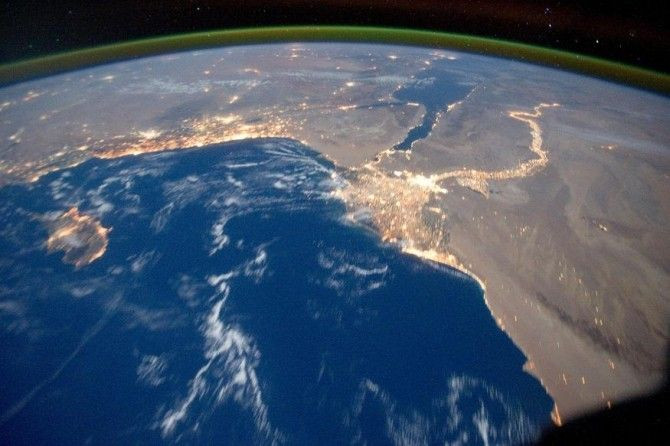World Bank Report Maps Disastrous Outcomes of Climate Change in Africa, South Asia And South East Asia

A World Bank report on the impacts of climate change predicts disaster in parts of Africa and Asia if global temperatures rise by 2 or 4 °C.
The extensive 255-page report warns of serious disruption to the food supply in sub-Saharan Africa, massive flooding in South East Asia and devastating water shortages in South Asia.
The World Bank says that poor communities will be the most vulnerable to the impacts of climate change.
According to the report, the International Energy Agency has estimated that there’s a 40 percent chance temperatures will rise more than 4 °C by 2100, with the U.N. projecting an increase of 3.5 to 5 °C by then.
Food prices will rise and poverty will spread, with knock-on effects emanating from those hardest hit by weather changes, says a video accompanying the report.
“In the near-term, climate change, which is already unfolding, could batter the slums even more and great harm the lives and the hopes of individuals and families,” said World Bank Group President Jim Yong Kim, in a statement.
The report is based on scientific analysis and computer simulations done by the Potsdam Institute for Climate Impact Research and Climate Analytics.
The bank lent $4.6 billion to help countries adapt to climate change in 2012.
At a forum in London, Kim told Reuters editor-in-chief Steve Adler and others that a world 2 °C warmer -- a possible scenario within 20 to 30 years -- will wither vast fields of African farmland, submerge large cities in South Asia and kill off fisheries in South East Asia.
“The conclusions in this report should make all of us lose sleep, over what our world will look like, in our lifetimes,” Kim said at the forum. “We must do all that we can to avoid these catastrophes.”
© Copyright IBTimes 2025. All rights reserved.






















